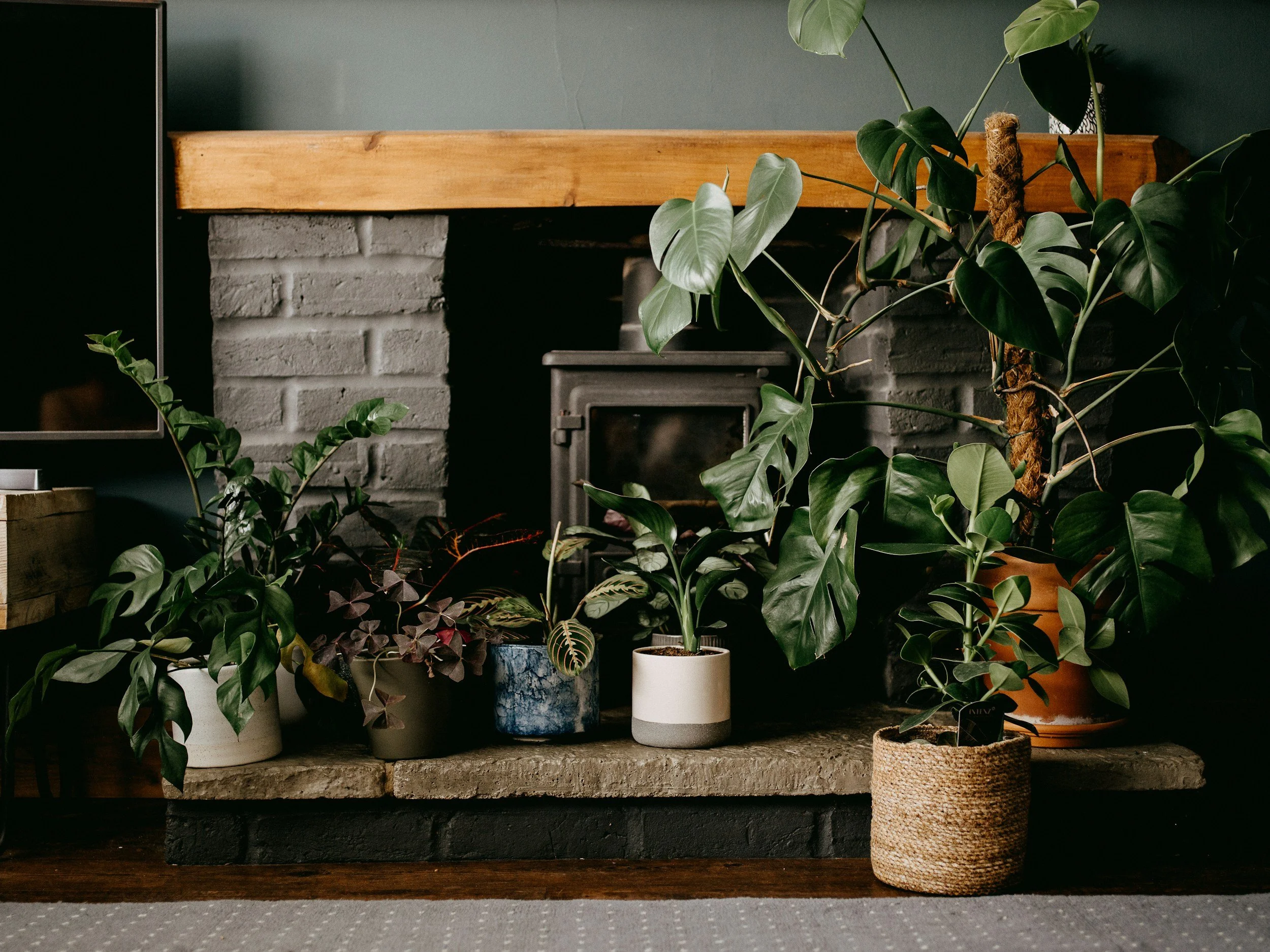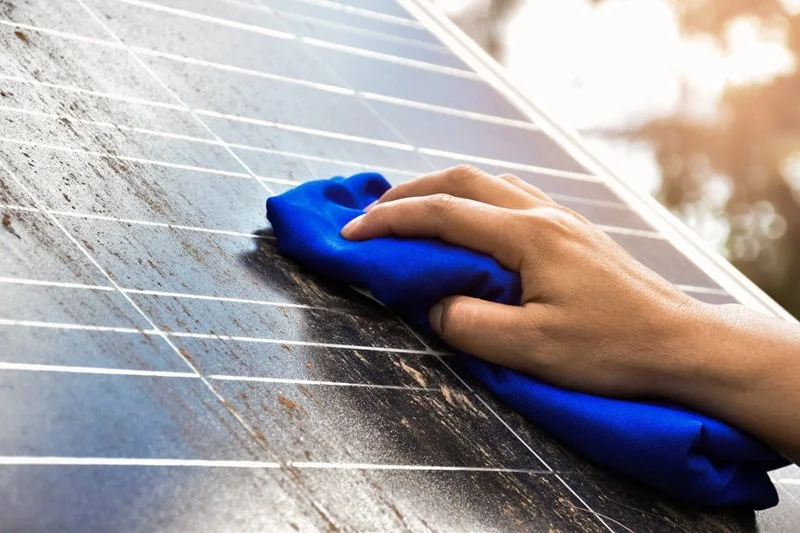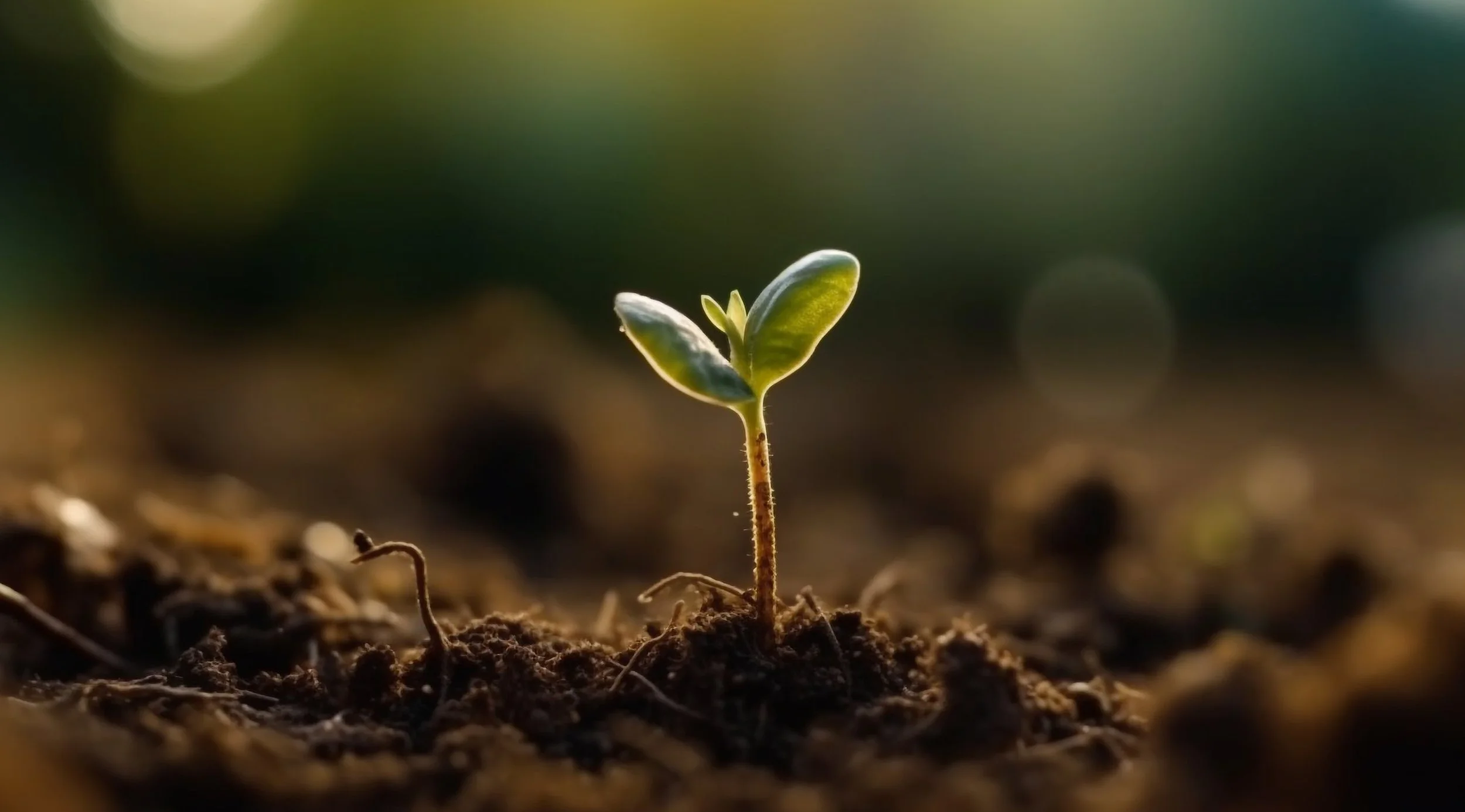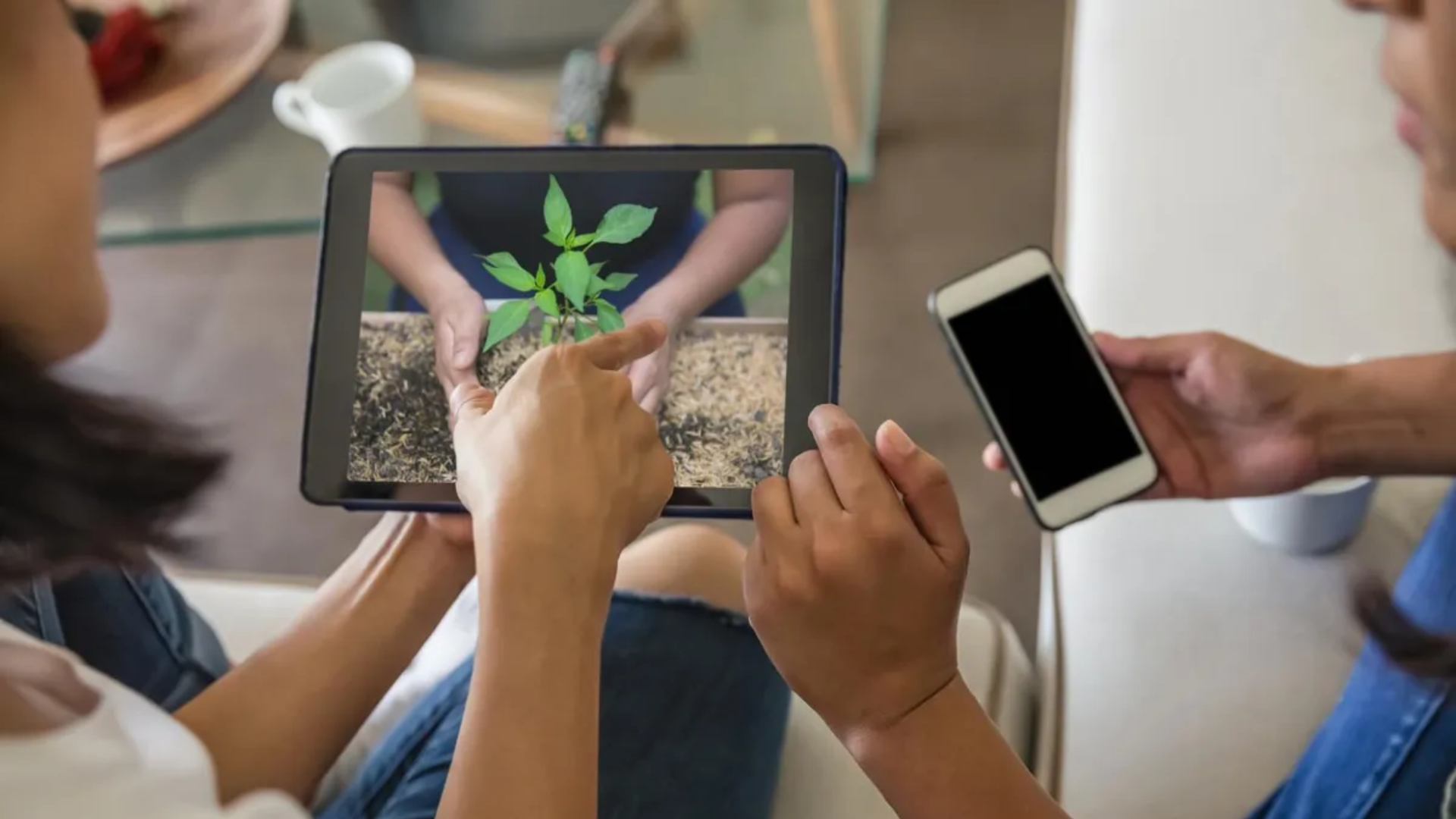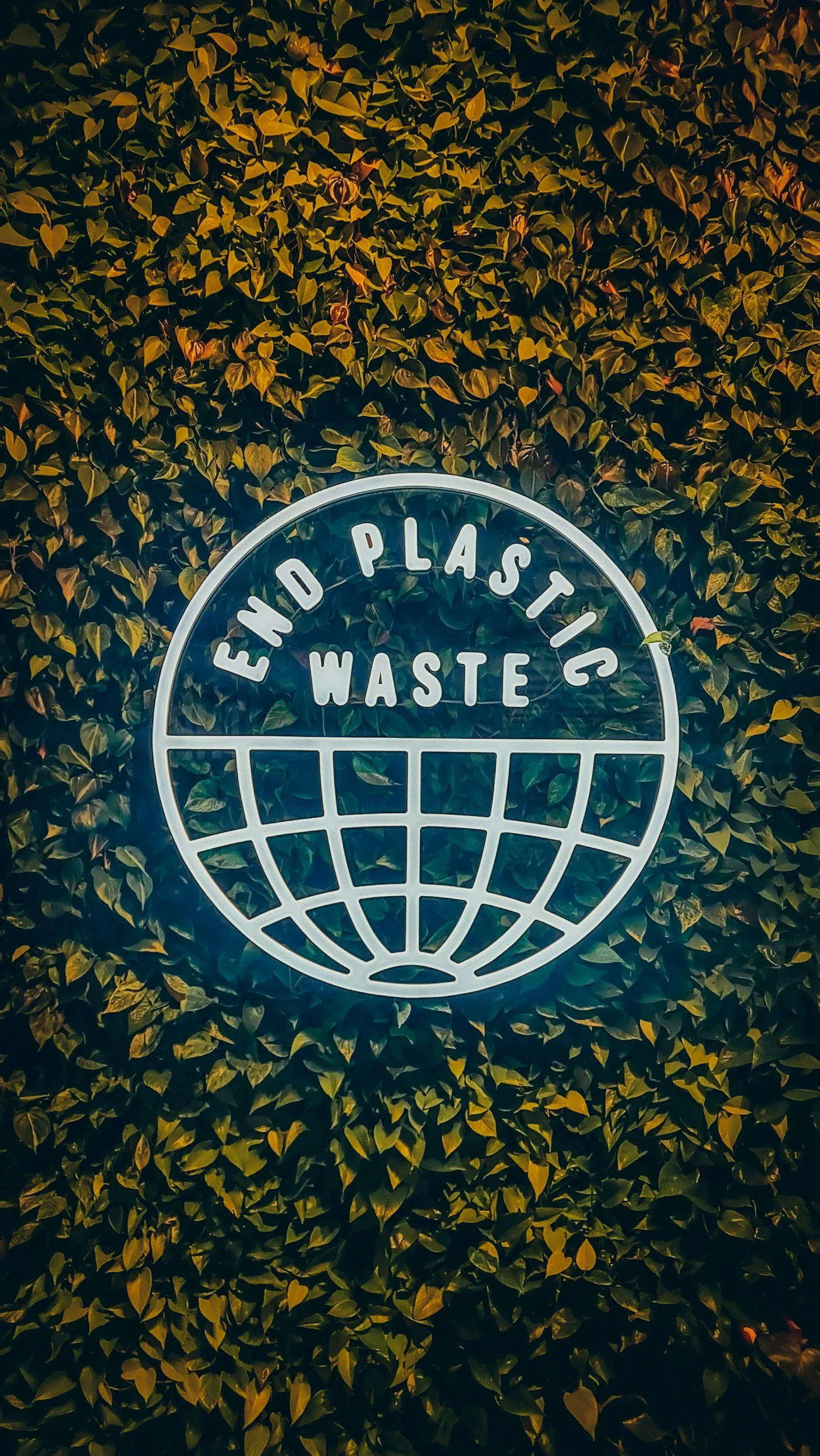7 Green Home Improvements to Make for a Healthier Lifestyle
/Guest post by Liz Shemaria
The beginning of a new year is a time to think about home improvement. With people across the United States spending more time at home due to COVID-19, making your space a comfortable place to spend a lot of time is important now more than ever. When you care about the environment, making improvements that are green and support a healthy lifestyle might also be on your mind. The real estate experts at HomeLight interviewed more than 1,000 agents across the United States to reveal home upgrade trends, offering some insights about updates that you should consider.
Eco-friendly water systems
One of the first areas of your home that can easily adjust to being more eco-friendly is your water system. Low-flow fixtures are relatively easy to install and can make a huge difference when it comes to conserving water. While low-flow fixtures might have a bit higher price-tag than standard ones, the investment can be worth it, enabling you to save money on your water bill, while having a positive impact on the planet. A high-rated, water-saving toilet should cost less than $250, while low-flow aerators for sinks range from $5-10 for faucets and $8-50 for showers — and you can even easily install them yourself. After installation you might expect 30-50% in water savings. You can take your water efforts up a level by adding a greywater system which takes used water from your home’s plumbing and reuses it for landscaping. This upgrade has a bit higher price tag, ranging from $700 to $20,000 depending on the water source and how sophisticated you want it to be.
Non-toxic paint
Maybe you are thinking about refreshing your home’s interior with paint. This is an area that can really make a difference in the sustainability of your home. Standard paint can release low-level toxic emissions from VOCs (volatile organic compounds) into your home’s interior long after that new paint smell is gone, and if you are going to paint it anyway, why not pick an option that is better for you and the environment? You can opt for eco-friendly paints with a zero or a low-VOC rating, which use soy and plant-based pigments, giving them a low chemical toxicity. You’ll find that the color choices for green-based paints give you plenty of options to beautify your home’s interior while making a choice that is good for both you and the planet.
Sustainable flooring
Are your floors suffering from wear and tear? They might be a strong candidate for a green upgrade that’s better for your health, too. Carpets can be a nightmare for people with allergies, as they are dust magnets, but there is flooring that can be better for your health, while also providing a more sustainable choice for the environment. If you have your heart set on carpet, you can opt for natural fibers — like wool, sisal, or jute — that satisfy the Green Carpet Plus air quality standard, by testing to ensure that materials are not emitting VOCs. If you want wood floors or a wood alternative, you might consider bamboo, cork, or recycled materials, as they are considered to have a lower environmental impact and can be better for the environment. But for any of these green flooring options, keep in mind that its installation needs to be green, too, with non-toxic adhesives, or padding if you are adding carpet.
Energy-star appliances
With more people spending time at home, saving money on energy bills is a top priority, with the added benefit of making a positive contribution to the environment. In the HomeLight report, agents found that 47 percent of real estate agents across the United States have seen home buyers prioritize energy-efficient home features since the pandemic began. As a result, people are opting for ENERGY STAR appliances, thermostats, and water heaters. While these might cost more initially, the return on investment can be high with cost savings over time — if you are thinking about selling your home in the future, buyers will also appreciate this added bonus.
Skylights
A light-filled home is not only pleasant, it’s also beneficial for the environment. Adding a skylight is a way to let the light stream in efficiently with a relatively easy upgrade. There are many benefits to adding a skylight: sunlight can heat your home, cutting down on energy costs; this added window space can also improve ventilation and air quality by letting in more fresh air.
Caulk around interior doors and windows
If your home is drafty, it’s more difficult for it to do its job keeping you warm or cool, and assessing the caulking and weather stripping around your home’s doors and windows is an upgrade to consider. In the same HomeLight survey, 41 percent of agents said updated caulking is one of the features that buyers are looking for in their next home, knowing that it will lower their energy bill, while being good for the environment. This is a relatively easy upgrade that you can likely make on your own. It could cost under a few hundred dollars, depending on the size of your home.
Add green
If you aren’t sure which upgrade to start with, you can begin by adding some greenery. Aside from beautifying your space, many plants can help clean indoor air by absorbing toxins, increasing humidity and producing oxygen. They can also have health benefits such as reducing stress, fatigue, sore throats, and colds. The type of plants you go with will depend on how much space and the level of upkeep you can manage. Air plants are an easy and on-trend option that can purify your space anywhere because they don’t need roots to grow and can hang from a wall or a ceiling.
If you aren’t sure which upgrades to begin with, start small by adding plants or updating the caulking around your windows and doors. From there, you can consider more involved upgrades that have staying power and can lead to big savings and environmental benefits.
Liz Shemaria is a journalist and founder of the organization Echopop. A third-generation Northern Californian, Liz launched a news site for AOL, where she spent two years covering real estate development, business, crime, education, and politics in the San Francisco Bay Area.
Like this? Please pin!








